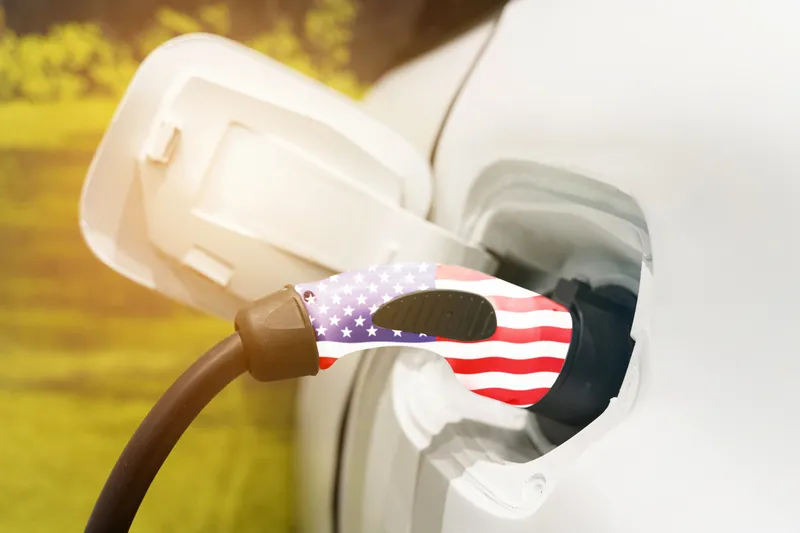
Attendees at last week's EV Charging Summit & Expo in Las Vegas are convinced that the EV industry is here to stay. Count Shailen Bhatt among the believers.
Bhatt, the leader of the US Federal Highway Administration, gave the keynote address at the conference. He expressed confidence that the industry will move forward regardless of who wins the next US presidential election.
“No matter who is president next year, we are going to continue with this,” he said.
He pointed out that former President Donald Trump supported the development of an EV manufacturing facility in Ohio. President Joe Biden’s commitment, meanwhile, is unwavering.
Bhatt dismissed the politics that has entered the EV conversation. “It’s 2024. It’s an election year. A lot of things are politicised,” he said.
He urged consideration of “the facts, not the politics.”
One fact is that governors of many US red [Republican] states support the industry and will continue to do so because EVs are important to their economies. That includes the very red state of Alabama and its Republican governor, Kay Ivey.
“She’s a huge fan of EVs because they’re manufactured there,” Bhatt said. “The governors of red states are going to continue to manufacture these.”
Bhatt frequently referenced manufacturing. Auto manufacturing was a win for the US in the previous century, and that must continue, he said: “We want to make sure we are winning the EV manufacturing race.”
Those who decry EV sales volumes, as well as what they perceive to be a slow build-out of a high-speed charging network, are raising false alarms, he said.
Sales might not meet all targets, but they’re doing fine overall. Criticism of US sales misses the bigger picture: global demand is on the rise.
“Global sales of EVs have more than doubled in the last few years,” he said. “We have to be building the technology the world is going to buy.”
As for faster charging: “We believe it is moving at an appropriate pace.”
Nevi, a U.S. governmental programme that provides EV funding, reported in mid-February that 33 states have submitted plans for funding of charging stations; that 16 states are awarding contracts and installing charging stations; and that four states have opened Nevi-funded stations to the public.
All this progress has been made only two years after the Nevi funding plan was launched.
“It takes 90 days to get a passport,” Bhatt said. Two years from start to finish on installation of a handful of charging stations isn’t too bad considering, he said.
The government also has reported that many more high-speed charging stations will be rolled out along transportation corridors this year.
“2024 is the year of the charger,” Bhatt said.
This story was first published on ITS International's sister platform EV Charging & Infrastructure










